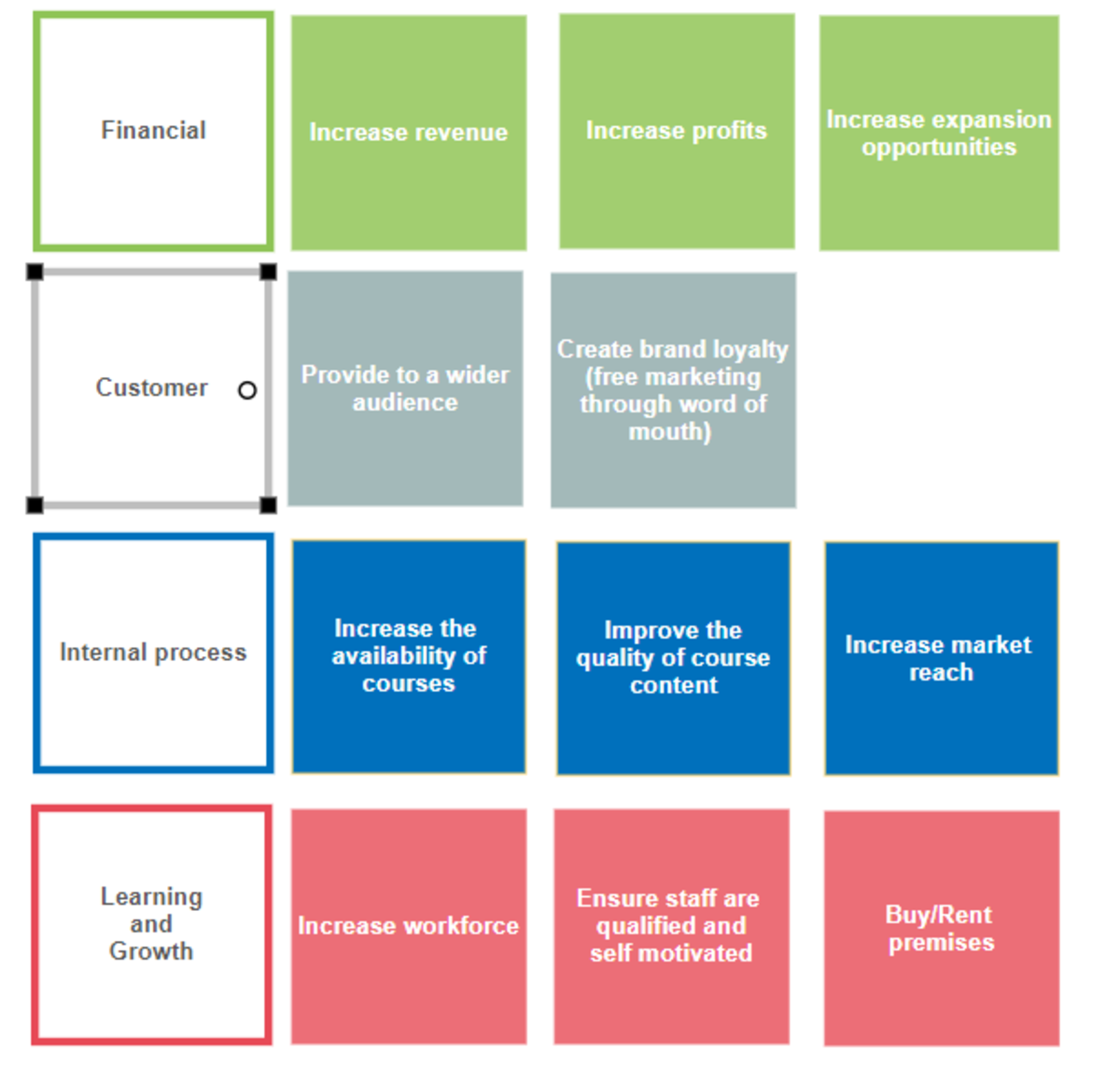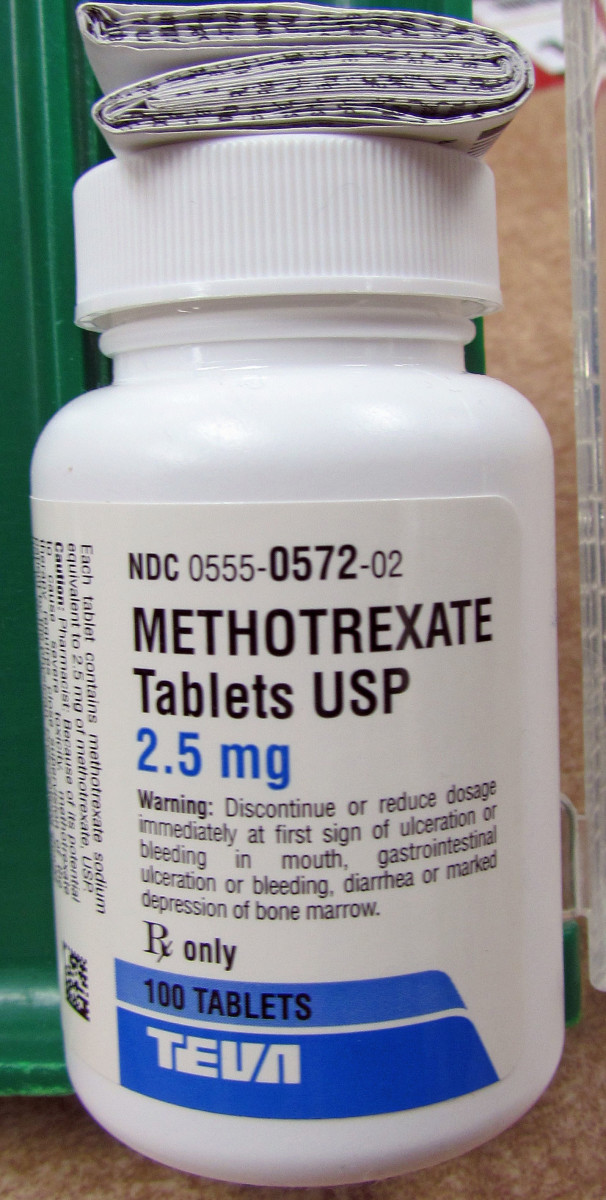Managing Care: Cost Control Strategies in Behavioral Health

Managed Behavioral Health Care
Managed health care refers to the strategies used by many health plans to control costs of health care while ensuring quality of care and encouraging appropriate use of health care. Managed behavioral health care applies the same principles and strategies to manage behavioral health care costs. Behavioral health care includes treatment for mental health and substance abuse disorders. Behavioral health is usually managed separately from medical care, and often involves different co-pays and benefit limits.
Spending on Behavioral Health
1986
| 2003
| 2014
|
|---|---|---|
$42 billion
| $121 billion
| $239 billion
|
Total US Health Care Spending: $3.5 trillion
1986
| % of Total 2003
| % of Total 2014
|
|---|---|---|
9.7%
| 7.5
| 6.9
|
% of total health care spending
| spent on Behavioral Health
| is decreasing
|
Growth Rate of Behavioral Health Spending
1986 -2003
| 2003 -2014
| change
|
|---|---|---|
6.4%
| 6.4%
| 0
|
.
| ||
Growth Rate of Overall Health Spending
1986 - 2003
| 2003 - 2014
| change
|
|---|---|---|
8.0%
| 7.2%
| <0.8%>
|
% Behavioral Health Dollars Spent on Prescription Drugs
2003
| 2014
|
|---|---|
23%
| 30%
|
Proportion of Behavioral Health Dollars Spent on MH vs. SA
1986
| 2003
| 2014
|
|---|---|---|
Mental Health 78%
| 83 %
| 85%
|
Substance Abuse 22%
| 17%
| 15%
|
- Managed Mental Health Care
Recommended Citation Mauery, D. R., Vaquerano, L., Sethi, R., Jee, J., & Chimento, L. (2006). Managed mental health care: Findings from the literature, 19902005 (DHHS Pub. No. SMA-06-4178). Rockville, MD: Center for Mental Health Services, Sub
Spending on Behavioral Health
Spending on mental health and substance abuse treatment in the US is expected to be $239 billion by 2014. It was $42 billion in 1986 and $121 billion in 2003. The rate of growth in spending on behavioral health will be slower than for all health care spending in the next decade and will account for a smaller share of total US health care spending of $3.5 trillion: from 9.7% in 1986 to 7.5% in 2003 and 6.9% in 2014.
The decreased rate of growth in spending on behavioral health care is due largely to the fact that behavioral health care spending will not be impacted by the drastic increases in spending associated with high cost technology that is driving overall health care spending. MRIs, brain scans and surgeries are not required to diagnose or treat behavioral health conditions.
The cost of prescription drugs for behavioral health conditions is a significant portion of behavioral health expense. Spending on prescription drugs is increasing at a faster rate than overall behavioral health spending. Consequently, spending on behavioral health will continue to grow at the same rate of 6.4% after 2003 as it did before 2003. Overall health spending will increase at a slower rate of 7.2% - down from the 8.0% increase prior to 2003. In 2014, 3 of 10, or 30% of behavioral health care dollars will be spent on prescription drugs, up from 23 % in 2003. The use of drug formularies has encouraged many people to switch to generic drugs to save on out of pocket expenses. This has helped slow cost increases for drugs.
Of the total amount of health care spending, 7-10% is for behavioral health. Of that portion, most of the behavioral health dollars appear to be spent on mental health rather than substance abuse treatment; 78% in 1986, 83% in 2003, and 85% is expected in 2014. Substance use disorders typically co-occur with mental health disorders, especially with mood and anxiety disorders, and providers typically code their billing using a primary diagnosis. Since insurance coverage is sometimes more generous for mental health than substance abuse, the mental health diagnosis is typically used as the primary diagnosis for billing purposes, rather than the substance abuse diagnosis. So the numbers are misleading in that regard. While there are differing trends in mental health and substance abuse spending, it is generally more helpful to consider the combined spending for mental health and substance abuse disorders.
Overall, managed behavioral health care has helped contain rising costs by shifting the level of care from more expensive inpatient hospital care to less costly outpatient care. These shifts have worked well for the majority of people with milder mental health conditions such as mild to moderate depression and anxiety. There is some concern that the most severely mentally ill, adults with schizophrenia and bipolar disorders, as well as children with severe disturbances may be experiencing some restricted access to the intensity of services they require as a result of managed care practices. Outpatient services are now more accessible, but more intensive services are not readily available. A small percentage of behavioral health consumers utilize a majority of the more costly and intensive behavioral health services. Most of these truly need the services. There are some who over utilize the services. Identifying those who over utilize and helping them learn to use services appropriately is a function of managing behavioral health care, as is recognizing when a person truly needs more intensive services and ensuring access to those services.








